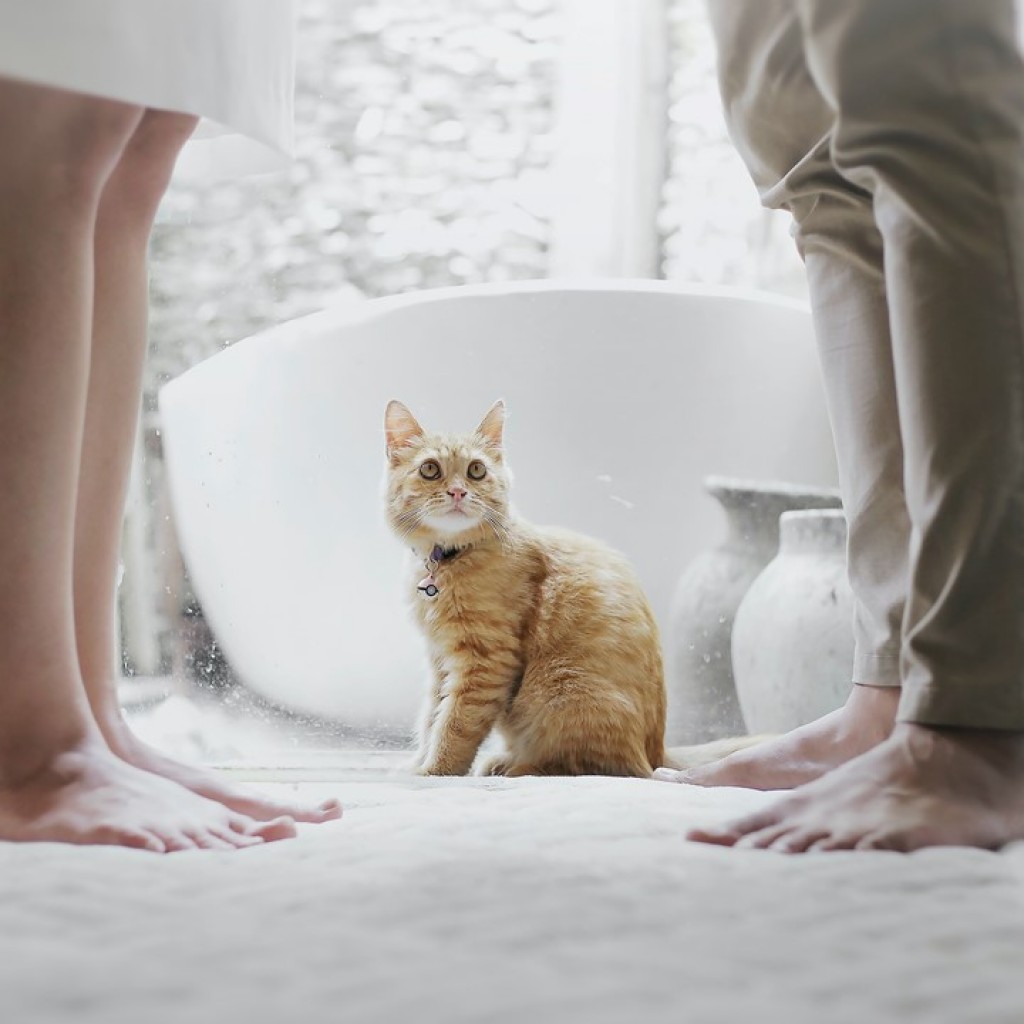When couples separate it can be an incredibly difficult time with much uncertainty. Often pets will be involved which can lead to arguments arising over practical arrangements such as who will keep the pet. According to the Pet Food Manufacturers’ Association, since the start of the Covid-19 pandemic a staggering 3.2 million households in the United Kingdom have acquired a pet which brings the total number of households with pets up to 17 million.
The law defines a pet as a chattel which means they will be considered an item of personal property and therefore part of the overall financial settlement on divorce. Whilst the individual who provides the day to day care may be able to keep the pet, often the Judge will consider who originally paid for the pet, who the pet is registered to and who pays the insurance when deciding who the pet should remain with. The pet’s welfare and best interests may be considered by the Judge but this is not enshrined in law.
Of the 3.2 million households with new pets, 56% have gone to households with children. Where children are involved the Judge’s primary concern is to consider what is in the children’s best interests. It may be possible to put forward the argument that it would be in the children’s best interests that the pets remain with them.
What steps can you take?
- Try to negotiate – Often this will only be possible if the parties remain amicable and willing to find a solution.
- Instruct a solicitor – Your solicitor will set out proposals to see if an agreement can be reached.
- Mediation – You can negotiate about future arrangements for your pet in the presence of a neutral third party who can assist both parties in reaching an amicable agreement.
- Court proceedings – It is for the Judge to decide on the appropriate outcome, however this is the absolute last resort as it can prove costly and time consuming.
What happened to the family pet in previous divorce cases
Despite Blue Cross research in 2014 suggesting that one in four divorces involves a dispute about pets, very few of these are actually reported. Nevertheless, issues around ownership of pets do arise when dealing with separation.
Our Family team has experience in dealing with disputes about pets. A recent case involved a divorcing couple who had three dogs. The husband was a high earner working long hours. The wife did not work as it had been agreed that she needed to be at home to look after their pets. When addressing the finances on their divorce, the wife argued that she required suitable accommodation for the pets and set out a maintenance claim which included the costs of looking after the pets. It was an upsetting case for the husband as the wife ended up restricting his contact with his much beloved pets over the course of proceedings.
In another case, the parties maintained an amicable relationship and agreed a shared care arrangement for their pets which included the wife looking after the pets when the husband was away working.
It is important to note that if court proceedings occur the Judge will only make a decision on who should keep the pet, not on who should have visiting times or provide financial support.
Pre-nuptial agreements and pet-nups
Solicitors are increasingly being asked to include provisions relating to pets within their drafting of pre-nuptial agreements and cohabitation agreements. An alternative to the conventional pre-nup are “pet-nups” which put the pet’s welfare at its heart and help the parties avoid future disagreements and distress. Parties are encouraged to consider their pets future. Pet-nup agreements can include provision for the care of pets, ownership, specific provision for costs, vet bills, microchipping, holidays and welfare concerns.
Pet-nups are available to all. If this is of interest to you then you should seek legal advice to determine what factors should be considered in your particular case, and to ensure that any agreement entered into is as legally binding as possible.
How can Tozers help?
For further help or information about anything mentioned in this article, or to talk to one of our dedicated Family team, visit their hub page.







